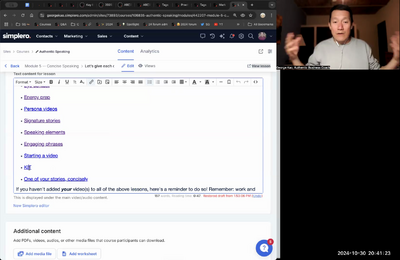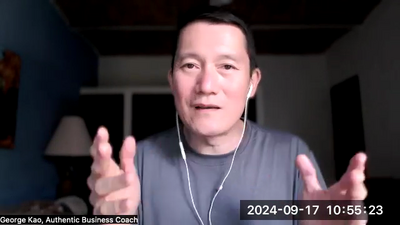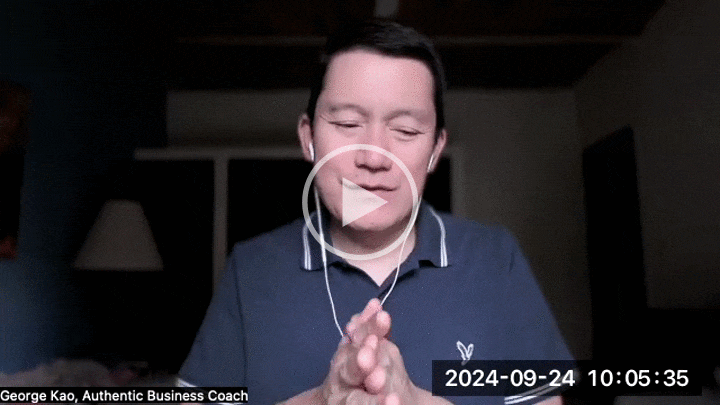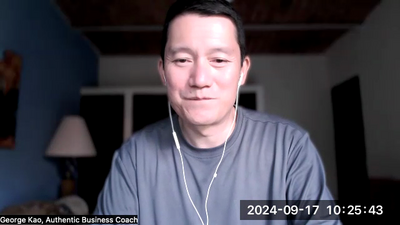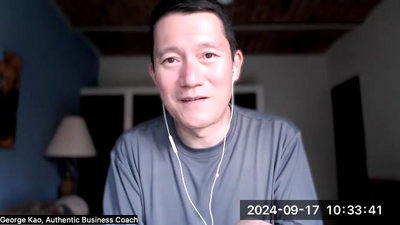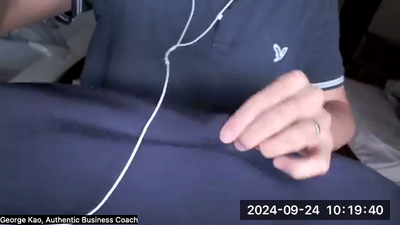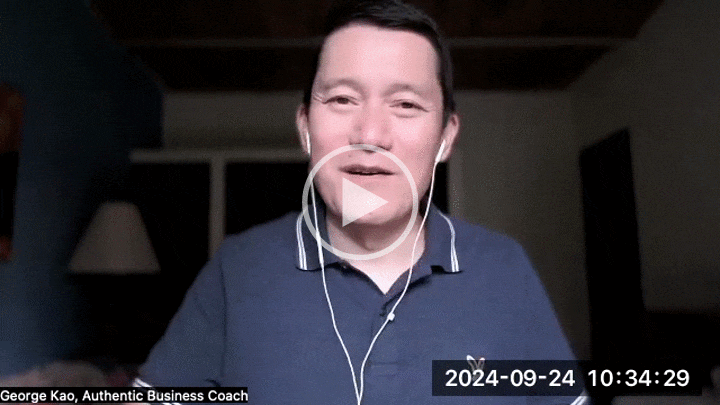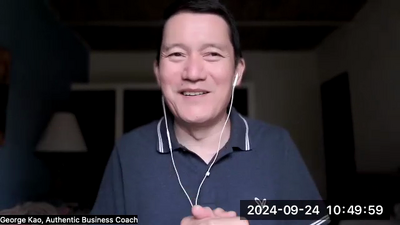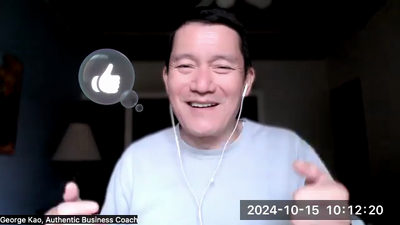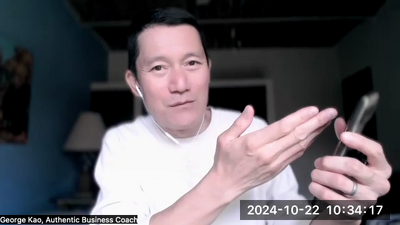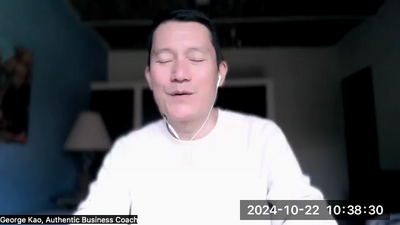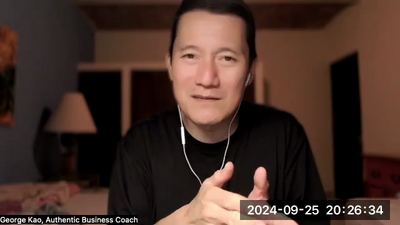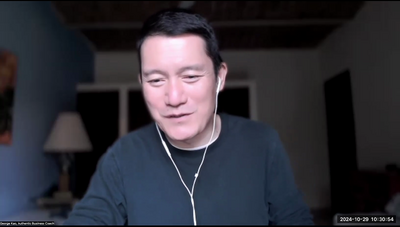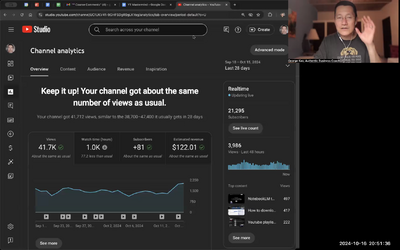Home
Q&A
BizPlan26
🌞 JoyPro
🔮 AI Course
💛
- Orientation
- BizPlan
- BizPlan25
- Authentic Speaking
- Authentic Market Discovery
- Create Aligned Offers
- Joyful Productivity (Course)
- ✨ Authentic Outreach (AO)
- Joyful Pro
- Blog-to-Book
- 🚀 Course Creators
- 🖼️ Your Signature Framework
- 🙋 Effortless Yes
- 🌈 Energy Signature
- Meta Ads (FB / IG Advertising)
- 📱 Instagram Mastery
- 🎤️ Interview Mastery
- Launch Your Group Program
- Netcaring
- 🦸🏽✍🏽 Soulful Content (OGI)
- Substack Course
- "What do you do?"
- 🎬 YouTube Mastery

🎤 Authentic Speaking
6 modules
70 lessons
3h 44m
You're seeing this page because you're logged out of the course.
If not enrolled, click the button below to read about the course...
___MESSAGE___
___MESSAGE___


